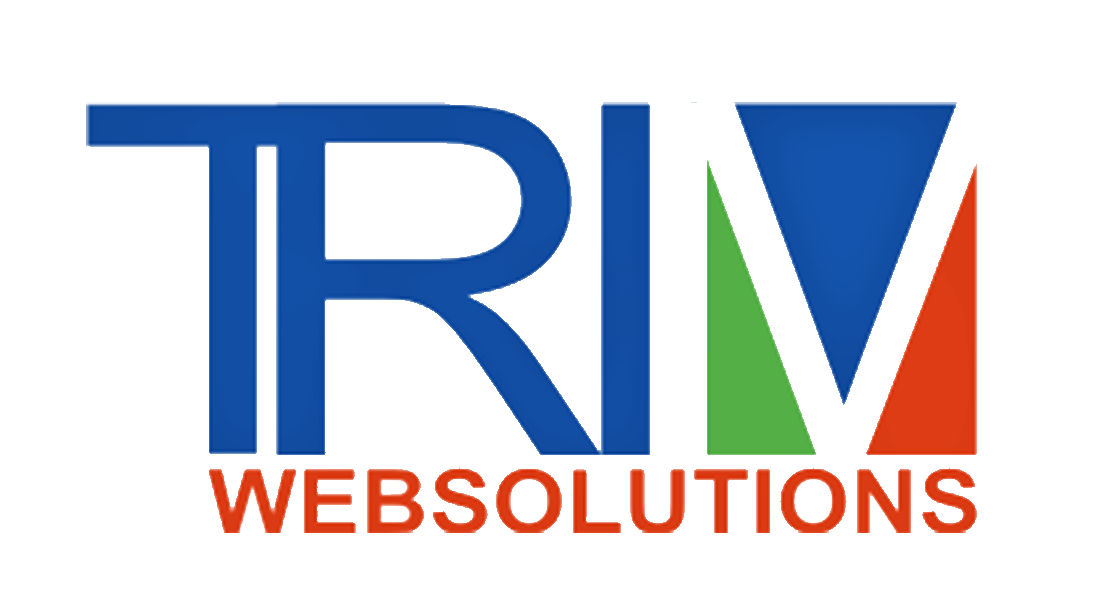Navigating the Risk of Digital Marketing: Safeguarding Success in the Digital Landscape

Introduction
Digital marketing has revolutionized the way businesses connect with their audiences, offering unprecedented reach and targeting capabilities. However, this powerful tool also comes with inherent risks that marketers and businesses must navigate carefully. In this article, we explore the potential risks of digital marketing and discuss strategies to safeguard success in the ever-evolving digital landscape.
1. Data Privacy and Security Concerns
One of the primary risks of digital marketing is the collection and handling of sensitive user data. Marketers must prioritize data privacy compliance and implement robust cybersecurity measures to protect both their customers' information and their brand's reputation.
2. Ad Fraud and Brand Safety
The digital advertising ecosystem is susceptible to ad fraud, where fake clicks and impressions lead to wasted ad spend and tarnished brand image. Implementing ad verification tools and partnering with reputable ad networks can help ensure brand safety and combat ad fraud.
3. Online Reputation Management
Digital marketing's real-time nature means that negative feedback or viral misinformation can spread rapidly, damaging a brand's reputation. Establishing a proactive online reputation management strategy is crucial to address and mitigate potential crises effectively.
4. Maintaining Consumer Trust
Building and maintaining consumer trust is paramount in digital marketing. Misleading ads, spammy emails, or unethical practices can erode trust, leading to long-term consequences for a brand's reputation and customer loyalty.
5. Compliance and Regulatory Risks
The digital marketing landscape is subject to various regulations, including GDPR, CCPA, and other data protection laws. Failure to comply with these regulations can result in significant fines and legal repercussions.
6. Ad Blockers and Ad Blocking Software
The rise of ad blockers presents a challenge for digital marketers, as it impedes their ability to reach the intended audience. Marketers must find creative ways to deliver relevant content without being overly intrusive.
7. Rapid Technological Advancements
Digital marketing is continuously evolving due to technological advancements. Keeping up with the latest trends and technologies is essential to stay relevant and competitive in the digital space.
8. Brand Impersonation and Online Fraud
Digital platforms may be susceptible to brand impersonation, where fraudsters create fake profiles or websites to deceive customers. Vigilance and proactive monitoring are necessary to combat such online fraud.
Conclusion
While digital marketing offers immense opportunities for businesses to connect with their target audience, it also comes with its fair share of risks. Data privacy concerns, ad fraud, online reputation management, and maintaining consumer trust are among the top challenges marketers face. By adopting a proactive and responsible approach, marketers can mitigate these risks and safeguard their success in the dynamic digital landscape. Embracing transparency, compliance, and ethical practices ensures that digital marketing remains a powerful and beneficial tool for brands while building lasting relationships with their customers.
538 0 7
Write a Comments
* Be the first to Make Comment















